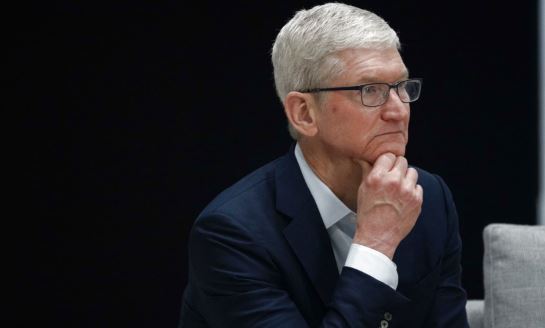U.S. Department of Justice Takes Legal Action Against Apple Over Alleged iPhone Monopoly

In a significant move, the U.S. Department of Justice (DOJ) has filed a lawsuit against tech giant Apple, accusing the company of maintaining a monopolistic hold over the iPhone market. This legal challenge marks a pivotal moment in the ongoing debate over market dominance and competition within the tech industry.
The lawsuit alleges that Apple has engaged in practices that stifle competition and maintain its monopoly over the smartphone market, particularly concerning the iPhone. The DOJ claims these actions not only limit consumer choice but also hinder innovation from other companies that could bring new and potentially better products to the market.
At the heart of the lawsuit are accusations that Apple’s control over the iOS ecosystem, including the App Store, creates an unfair advantage that prevents other companies from competing on a level playing field. The DOJ argues that such dominance is detrimental to both consumers and the broader tech industry, leading to higher prices and less innovation.
Apple, known for its stringent control over its ecosystem, argues that these practices are necessary to maintain the security and quality of its products and services. The company contends that its approach benefits consumers by providing a seamless and secure user experience, a stance it is likely to reiterate in its defense against the DOJ’s claims.
This legal battle is set to be closely watched, as it could have far-reaching implications for the tech industry and antitrust regulation. A ruling against Apple could prompt significant changes in how tech companies operate, potentially leading to increased competition and innovation in the market.
As the case progresses, it will be interesting to see how the arguments on both sides develop and what impact this lawsuit will have on the future of technology and market competition. The outcome could set a precedent for how antitrust laws are applied to tech giants in the United States and beyond, making this a landmark case in the ongoing discourse on monopoly power and market dominance.





